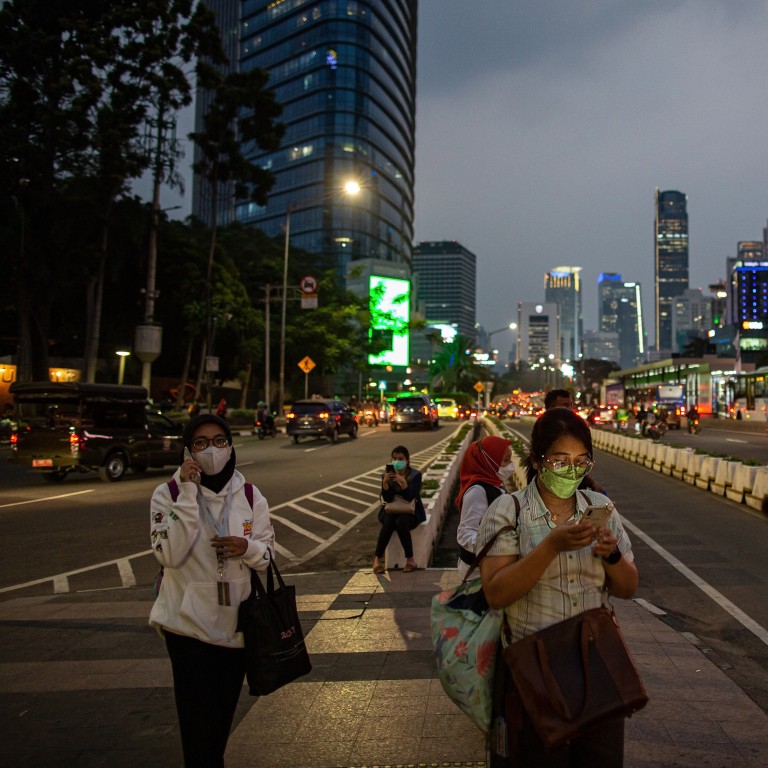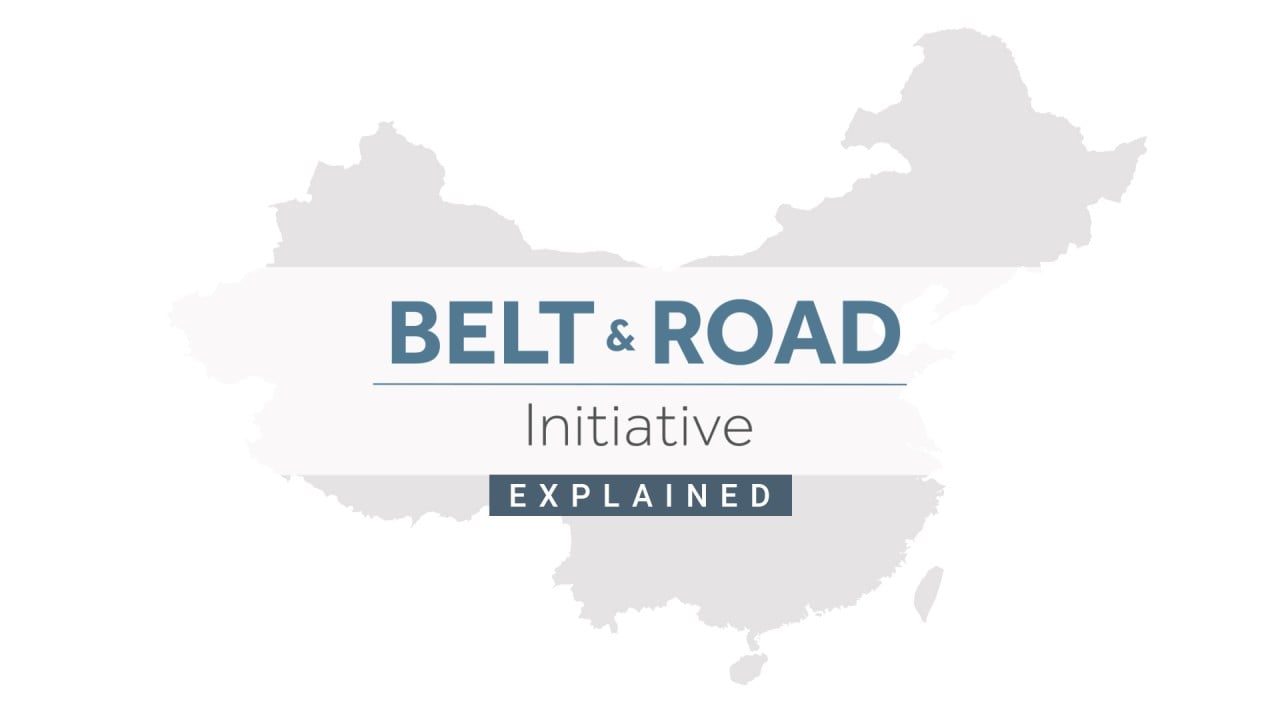
China to help Indonesia build digital economy as e-commerce sweeps archipelago
- At G20 summit in Bali this week, China and Indonesia signed deals that could bring greater internet connectivity to hundreds of remote islands
- Some of the joint projects may fall under China’s Belt and Road Initiative, and Indonesia’s central bank expects the value of its e-commerce to double by 2025
China has agreed to help Indonesia build its digital economy in a vast country where e-commerce is taking off, but people on remote islands still lack stable internet connections or skills to sell their wares.
President Xi Jinping and his Indonesian counterpart, Joko Widodo, met on Wednesday during the Group of 20 summit in Bali to oversee the signing of economic cooperation deals that include “strengthening” the Southeast Asian country’s digital economy, according to China’s Ministry of Foreign Affairs.
Indonesians increasingly rely on e-commerce, a key component of the digital economy, with many still working at home to avoid both the coronavirus and traffic congestion in cities such as the capital Jakarta, people on the ground say.
Indonesia’s Jokowi caps busy week with Xi talks, urges cooling of tensions
Indonesia’s e-commerce industry was worth about US$70 billion in gross merchandise value last year, according to a study by Google, Temasek and Bain & Company. And the country’s central bank projected in July that the value would reach US$146 billion by 2025 and US$289 billion by 2030.
Indonesian e-commerce giant Tokopedia has picked up 12 million merchants since its founding 13 years ago.
Under the agreement to co-develop a digital economy, Chinese companies are likely to send contractors to improve the hardware needed for better wireless connections, according to analysts.
“China is the country that would pop into mind immediately if Indonesia wanted to do something more in terms of infrastructure building,” said Barry Sautman, professor emeritus in the Division of Social Science at the Hong Kong University of Science and Technology.
Indonesian authorities may see China as a “leader” in e-commerce, he added.
The e-commerce market in China hatched in 1999 on its way to becoming the world’s largest. That market will grow 10.4 per cent this year to US$2.3 trillion as consumers continue to shift online, analytics firm GlobalData forecasts.
Indonesia will need particular help in the most remote of its 13,000-plus islands, said Roseno Aji Affandi, subject content coordinator for international relations at Bina Nusantara University in West Jakarta. More than 900 of the islands are permanently inhabited, according to official records.
The main issue appears to be “the readiness of the local businesses, especially the small enterprises”, Affandi said. “You see that Indonesia is very large, and the internet is not developed in remote areas.”
[Indonesia’s online] marketplace needs some resources. I think China can [help] in this one, because it’s a big market
E-commerce’s lack of development today allows sundry goods, such as toiletries, from China to sell for less than their locally made counterparts, he said. Small and medium-sized enterprises in rural Indonesia, such as on Celebes Island or near the border with Papua New Guinea, lack the “literacy” to use internet services for doing business, he added.
Chinese could teach local people the skills to sell, market and advertise goods online, said Nukila Evanty, a Jakarta-based member of the Asia Centre research institute’s advisory board.
“This marketplace should encourage more mainstreaming of small and medium enterprises and increase incomes,” Evanty said. “More and more people are working in this sector, playing in the marketplace. The marketplace needs some resources. I think China can [help] in this one, because it’s a big market.”
Southeast Asia could ‘feel pressure’ over belt and road debts amid scrutiny
Indonesia, with 276 million people, represents 40 per cent of the digitalisation in Southeast Asia, Coordinating Minister of Economic Affairs Airlangga Hartarto said in a Bank Indonesia statement released in July.
The coronavirus in Indonesia created a “promising outlook for digital economic and financial potential in Indonesia”, the minister said. He pointed to a growing “public preference” for online retail last year, coupled with an expansion of digital payments.
In October, China’s ambassador to Malaysia said Chinese companies were working with their Malaysian e-commerce counterparts to develop the digital economy in that Southeast Asian country. The Malaysian digital economy, worth US$21 billion in 2021, continues to grow.


